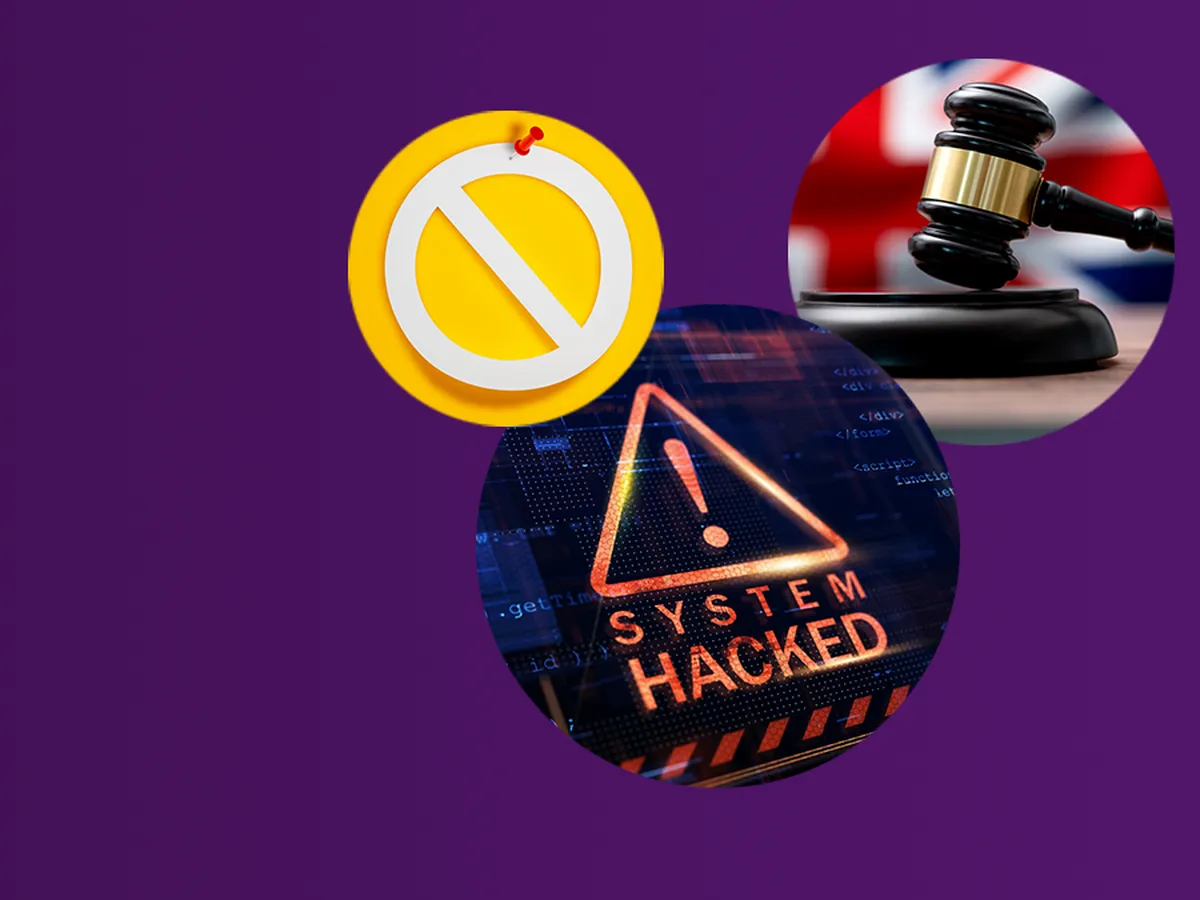
- Ransomware
- 8 min read
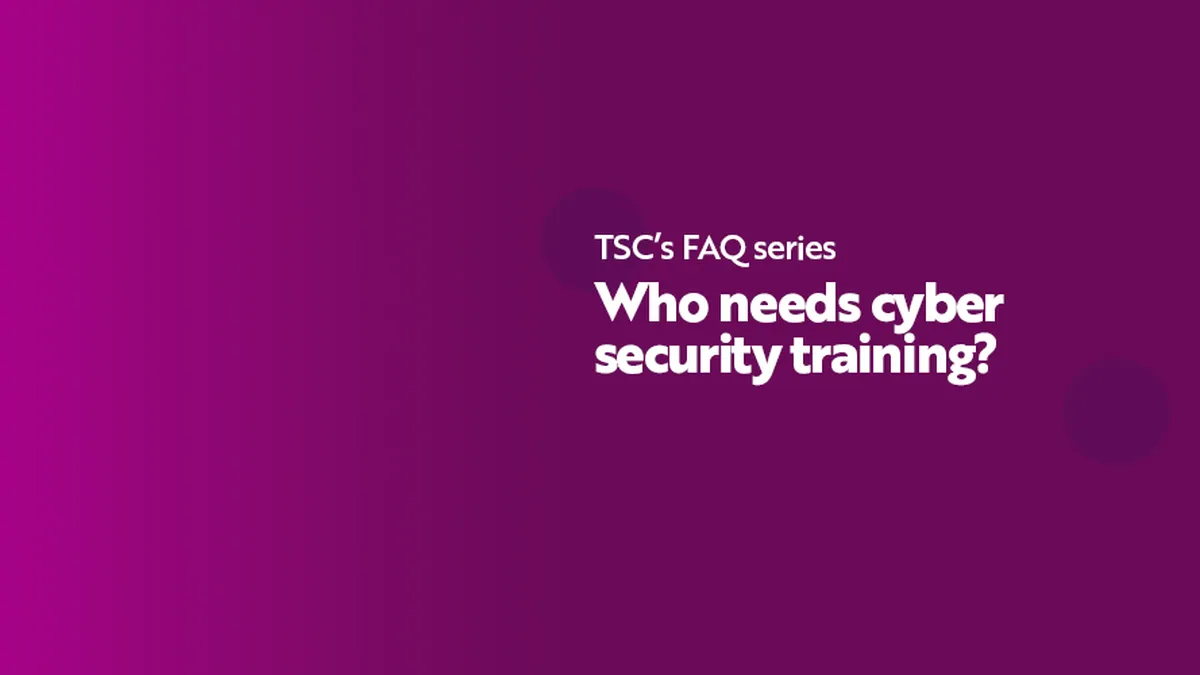
Short answer: Everyone … if you want to build a security-ready organisation.
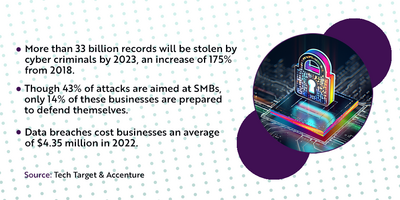
Cyber security threats pose risks to organisations of all sizes and industries. To effectively defend against these threats, comprehensive cyber security training is essential.
However, the question arises: Who needs cyber security training? The truth is that every individual within an organisation, regardless of their role or level of technical expertise, can benefit from cyber security training.
This article explores the importance of cyber security training across different organisational roles and highlights why it is vital for building a security-ready organisation.
Executive leadership and management play a critical role in setting the tone for cyber security within an organisation. By receiving cyber security training, leaders gain a comprehensive understanding of the current threat landscape, emerging risks, and best practices. This knowledge allows them to make informed decisions regarding resource allocation, policy development, and investment in cyber security measures. Additionally, leaders can effectively communicate the importance of cyber security to the entire organisation, creating a culture of security from the top down.
IT and security teams are at the forefront of protecting an organisation's digital assets. Cyber security training is essential for these professionals to stay updated on the latest threats, attack vectors, and defensive strategies. It enables them to design and implement robust security frameworks, conduct vulnerability assessments, and respond swiftly to security incidents. Continuous training equips IT and security teams with the knowledge and skills needed to stay ahead of cybercriminals and safeguard the organisation's systems and data effectively.
Every employee, regardless of their job function, plays a crucial role in maintaining an organisation's cyber security posture. From frontline staff to administrative personnel, all employees should receive cyber security training. Training programs educate employees on recognising phishing attempts, practicing safe online behaviours, handling sensitive data securely, and adhering to the organisation's security policies and procedures. By understanding the potential risks and adopting security-conscious habits, employees become an active line of defence against cyber threats. But remember that training should be relevant to a person’s role. For instance, your receptionist may find physical desktop security training more helpful than remote working games.
The rise of remote work has introduced new security challenges for organisations. Remote workers must understand the unique risks associated with working outside the traditional office environment. Cyber security training for remote workers covers topics such as secure remote access, the importance of strong passwords and encryption, safe use of personal devices, and precautions when using public Wi-Fi networks. Training ensures remote workers are equipped with the knowledge and tools to protect sensitive information, regardless of their location.
Organisations often work with third-party vendors and contractors who may have access to their systems or sensitive data. Cyber security training should extend to these external partners to ensure they adhere to the same security standards as internal employees. Training programs for vendors and contractors emphasise the organisation's security policies, data handling protocols, and incident reporting procedures. By including external stakeholders in cyber security training, organisations can create a unified approach to safeguarding their digital ecosystem – especially as cyber criminals are known to target third parties as a means for cracking a larger organisation’s defence.
Small and medium-sized businesses (SMBs) are not immune to cyber threats. In fact, they are often targeted due to perceived vulnerabilities. Cyber security training is particularly vital for SMBs with limited resources. Training programs tailored to the specific needs of SMBs help them understand their unique risks, develop cost-effective security strategies, and empower employees to be proactive in protecting the organisation's assets. And whilst larger organisations may have a bigger budget to play with, subscription solutions and targeted training can allow you to be flexible on a modest budget,
By investing in cyber security training, SMBs can mitigate risks and safeguard their business operations.
In the realm of cyber security, education and awareness are paramount. Every individual within an organisation, from top-level executives to frontline employees, should receive cyber security training.
Executives and management set the tone for security and make informed decisions, while IT and security teams implement robust defences. Employees at all levels contribute to the organisation's security posture by practicing safe behaviours and adhering to policies. Remote workers require specialised training for secure remote access. Third-party vendors and contractors must also be trained to align with the organisation's security standards. Even small and medium-sized businesses benefit from cyber security training to mitigate risks.
By prioritising cyber security training across the organisation, businesses can build a security-ready environment and effectively defend against cyber threats.
If you would like more information about how The Security Company can help you set up security induction training or how we deliver engaging and effective cyber security awareness materials for organisations of all sizes ... please contact our Head of Business Development and Sales, Jenny Mandley.
The Security Company's vast library of customised and non-customised products and services are tailored for small, medium and large organisations and are available in a variety of languages. We also offer bespoke solutions for organisations that desire training and awareness materials built from the ground up.

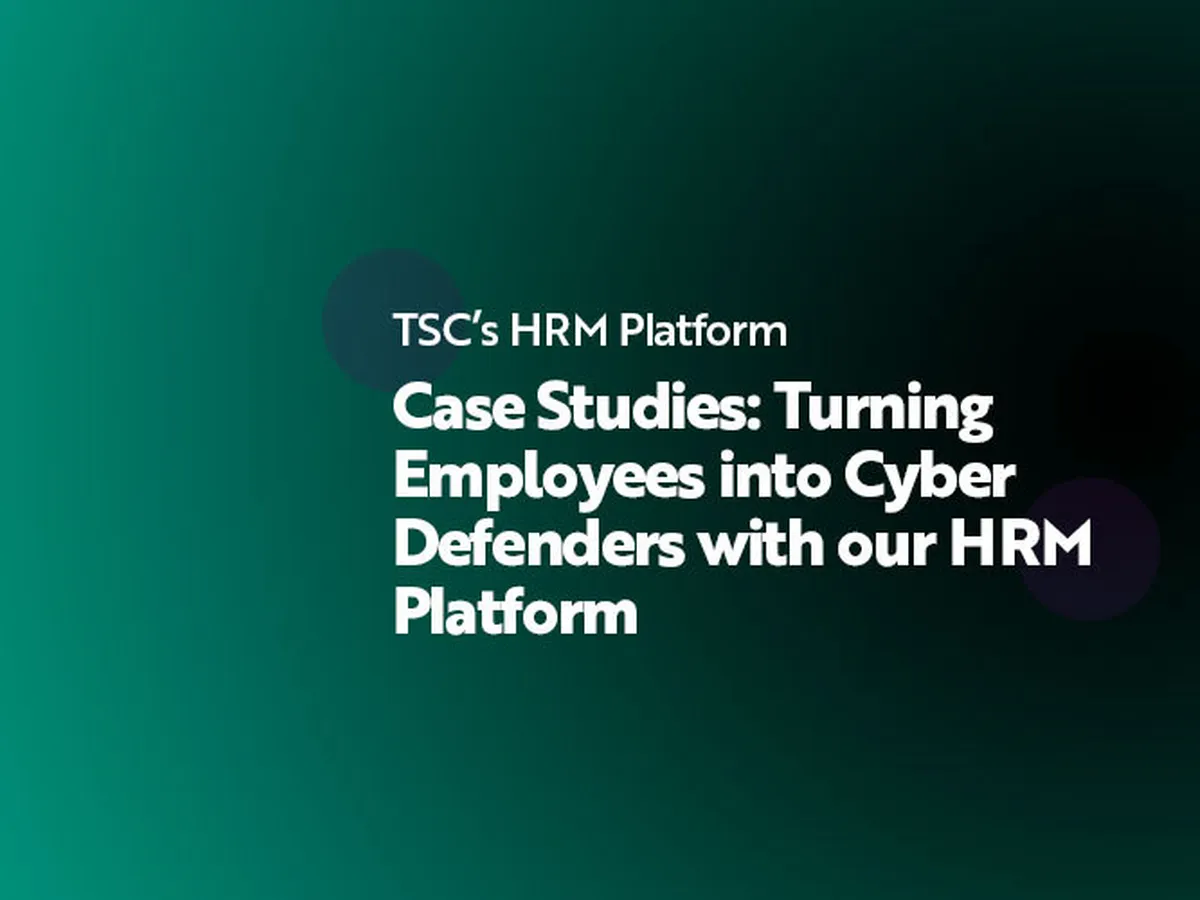
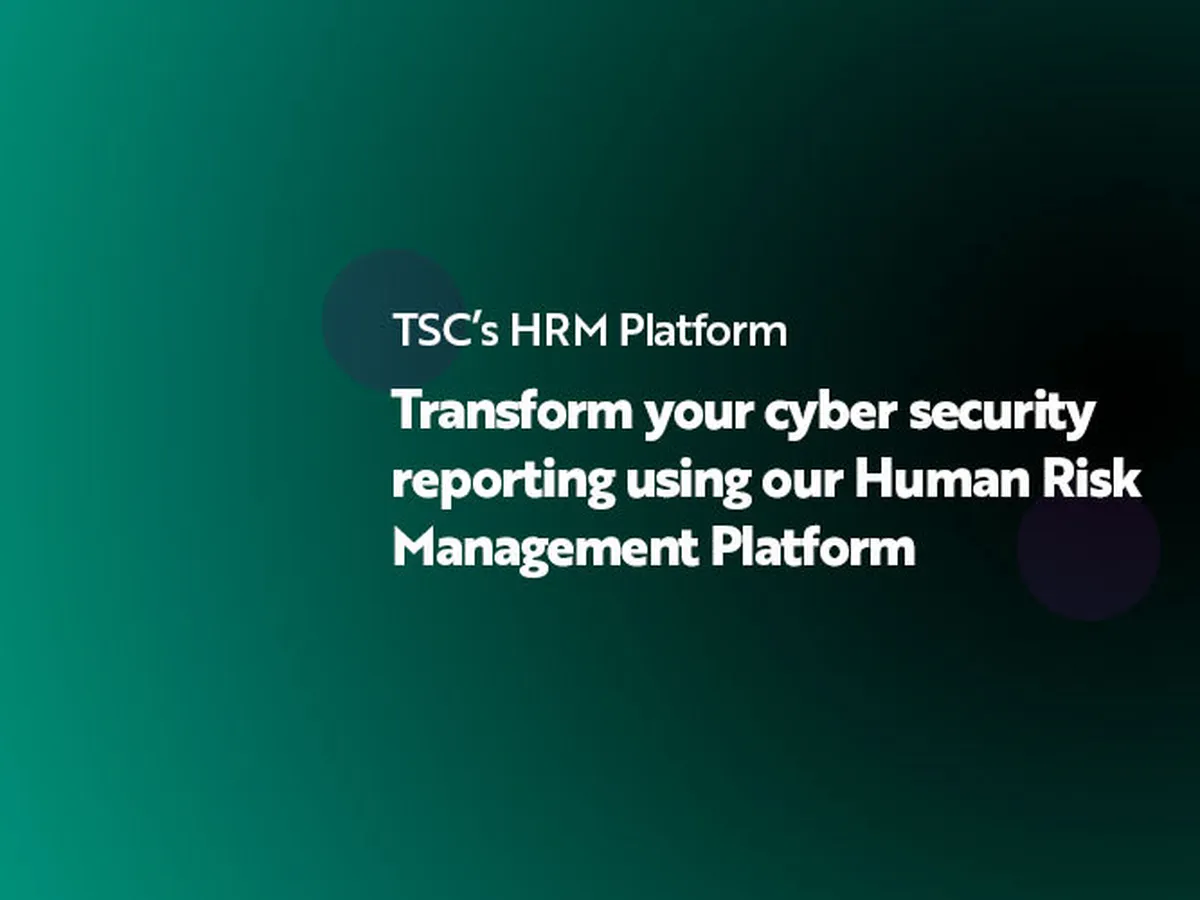
© The Security Company (International) Limited 2025
Office One, 1 Coldbath Square, London, EC1R 5HL, UK
Company registration No: 3703393
VAT No: 385 8337 51


